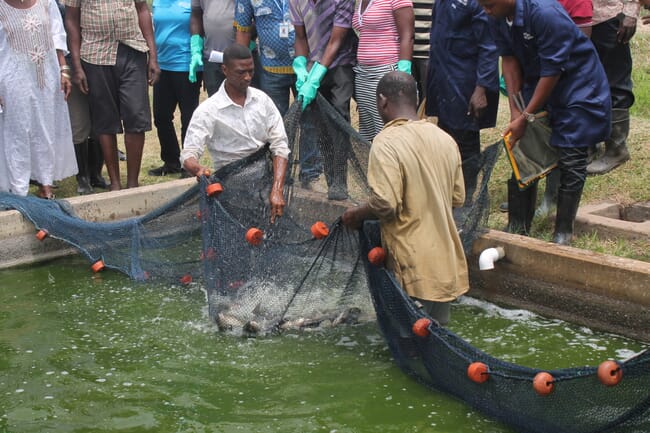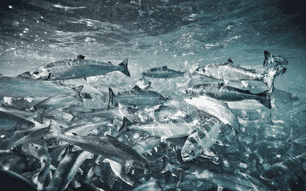
There is an evidence base from some sub-Saharan countries clearly indicating the detrimental impacts and costs of fish diseases on the commercial aquaculture sector and the wider value chain, with large scale losses of tilapia in Ghana estimated to have cost the private sector over $100 million
Produced by William Leschen, CEO of Casammak Aquaculture, and Anton Immink, CEO of ThinkAqua, with support from the Food and Agriculture Organization of the United Nations (FAO), the report is based on an open access online survey with individuals and organisations from four stakeholder groups – private sector, government, education training research, and NGOs.
However, the major focus of the survey was to better understand activities and needs from the private sector in order to better support the growing commercial sector across the continent.
With the growing commercialisation of aquaculture across sub-Saharan Africa, particularly in countries such as Nigeria, Ghana, Uganda, Kenya and Zambia, there is an increased need for improved understanding about aquatic animal health management, biosecurity and disease control in fish and shrimp farms.
As Leschen and Immink outline in the report’s introduction, there is already an evidence base from Egypt and Ghana indicating the detrimental impacts and costs of diseases on the commercial finfish aquaculture sector and wider value chain, while there's also a history in commercial shrimp farming in Mozambique and Madagascar of specific shrimp viral pathogens having caused significant economic loss.
The report – entitled Aquatic Health in Sub-Saharan African Aquaculture: Perceptions and recommendations for evidence-based sector strengthening – is based on the voices and views of a range of the key stakeholders involved. It lays out a number of key findings that can be used to support individuals and organisations in the private sector – and within government, research and NGO sectors – to improve and develop necessary infrastructure towards preventing or significantly lowering impact and risks from aquatic animal disease across sub-Saharan Africa in future.
According to Leschen and Immink, the report is the first open access online survey looking to understand and document the views of the various private sector stakeholders in sub-Saharan African aquaculture whose work is regularly involved with and impacted by aquatic animal health.
The full report can be downloaded from the Casammak Aquaculture website.




